Thanksgiving 2014: How the Harvest Festival is Celebrated Around the World
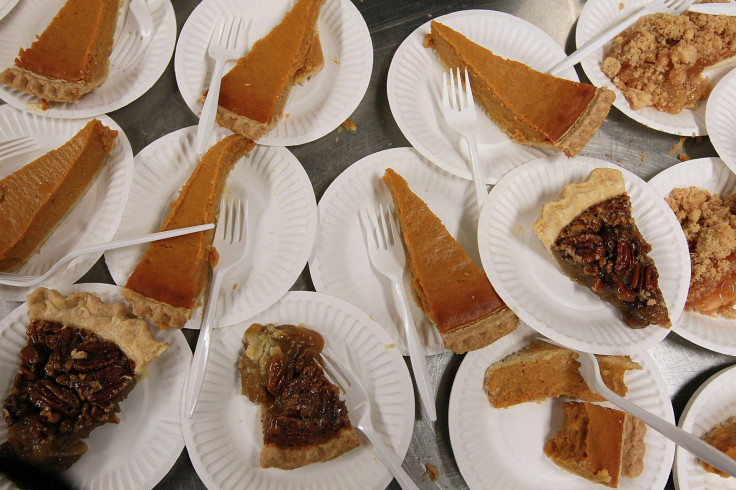
As the United States is preparing for national holiday Thanksgiving, which this year falls on 27 November, other countries around the world are gearing up for the harvest festival.
Although primarily celebrated in the US, Thanksgiving is marked in different ways worldwide. It has historical roots in cultural and religious traditions, but has long been celebrated in a secular manner too.
IBTimes UK looks at Thanksgiving history, traditions and customs in other countries:
Canada

In Canada, Thanksgiving falls on the second Monday in October, to give thanks at the close of the harvest season. The first Canadian Thanksgiving is often traced back to 1578 to the explorer Martin Frobisher, who had been trying to find a northern passage to the Pacific Ocean. Frobisher is said to have celebrated to give thanks for his survival of the long and treacherous journey from England.
The holiday is mainly celebrated in a secular way and is a statutory holiday in all Canadian provinces, with the exception of New Brunswick, Nova Scotia, Prince Edward Island, Newfoundland and Labrador.
Liberia
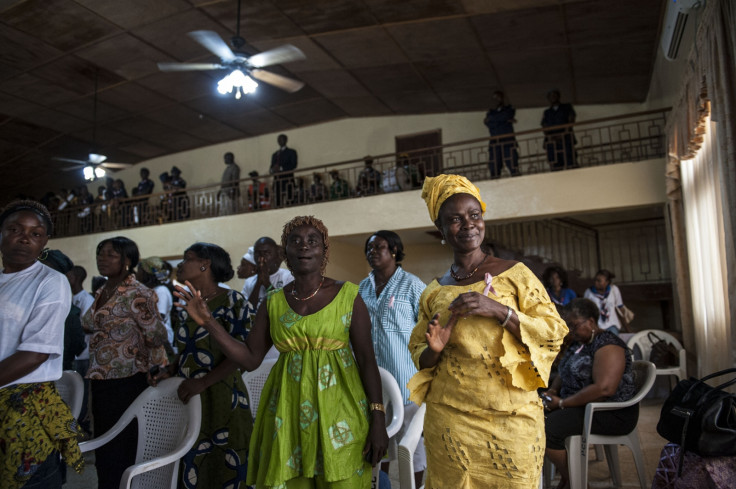
The West African state began to celebrate the holiday in the early 1880s, when the Liberian government passed an act declaring the first Thursday of November National Thanksgiving Day. Thanksgiving marks the colonisation of freed black slaves from the United States in the 1820s, and the subsequent establishment of the country.
Liberian dishes such as mashed cassavas, green bean casserole and Monrovian collards are traditionally eaten on Thanksgiving.
Grenada

The West Indian island of Grenada celebrates Thanksgiving Day on 25 October, but is unrelated to the harvest. Instead, the holiday marks the anniversary of the US-led invasion of the island in 1983 – in response to the deposition and execution of Grenadian prime minister Maurice Bishop.
Germany
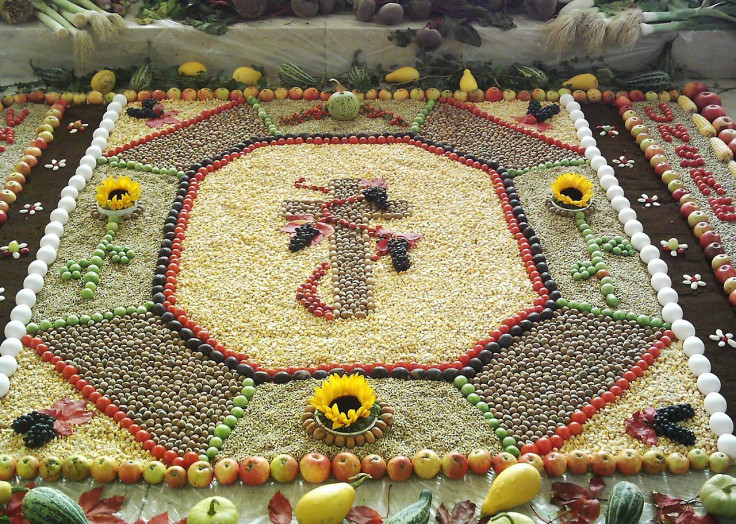
Erntedankfest is a German harvest celebration observed in September or October. During the day, it is traditional for a procession to take place in towns, where a harvest crown is presented to a harvest queen, known as an Ernteknigin.
Brazil
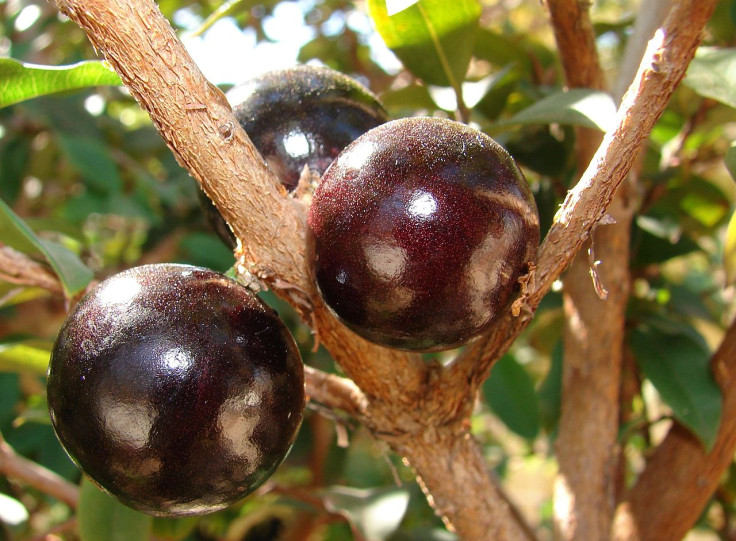
Before 1949, the seasonal celebration to express gratitude for a good harvest become Dia de Ao de Graas, a day of Thanksgivings, after the ambassador of Brazil was inspired by a visit to the US.
Thanksgiving is celebrated on the fourth Thursday of November and there is an emphasis on traditional Brazilian dishes. Jabuticaba fruits, similar to cranberries, are made into a sauce.
Ghana
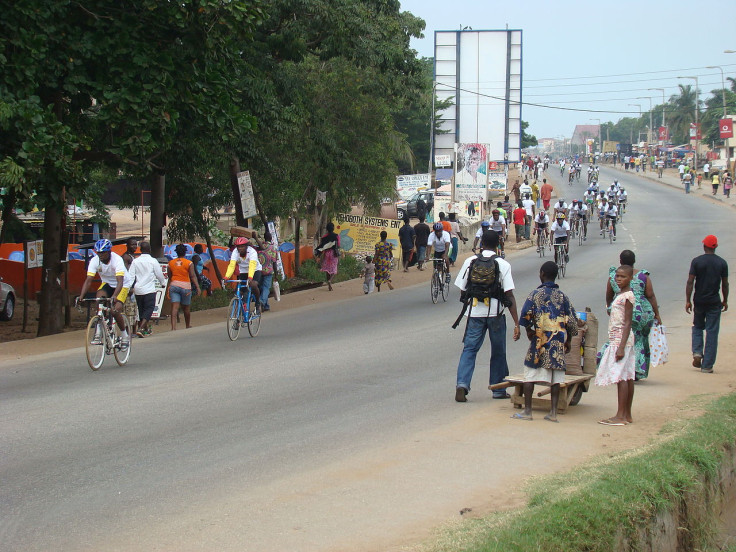
The Homowo festival, otherwise known as the Yam festival, starts in the month of May with the planting of yam crops before the rainy season starts. The festival is celebrated by the Ga people, an ethnic group in Ghana and Togo.
Homowo also marks a remembrance of the famine that occurred in precolonial Ghana. Today, it is celebrated with special yam dishes, such as kpekpele, mashed cornmeal with palm oil.
Barbados
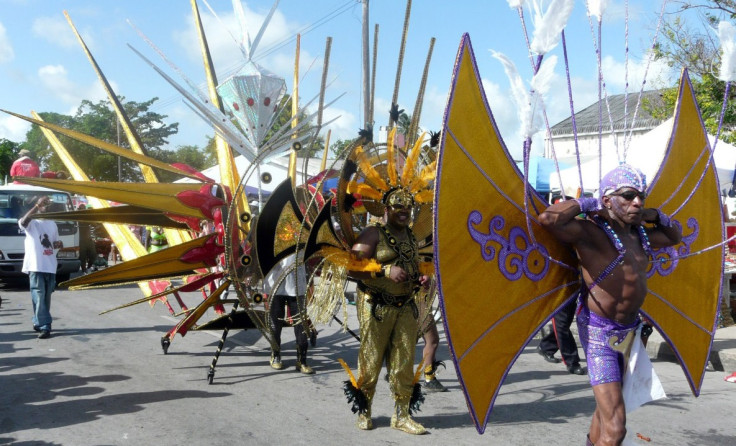
During the Crop Over Festival, which has been celebrated annually since 1688, the focus is on the sugarcane. Several customs take place, including the official finale parade, the Grand Kadooment.
Japan
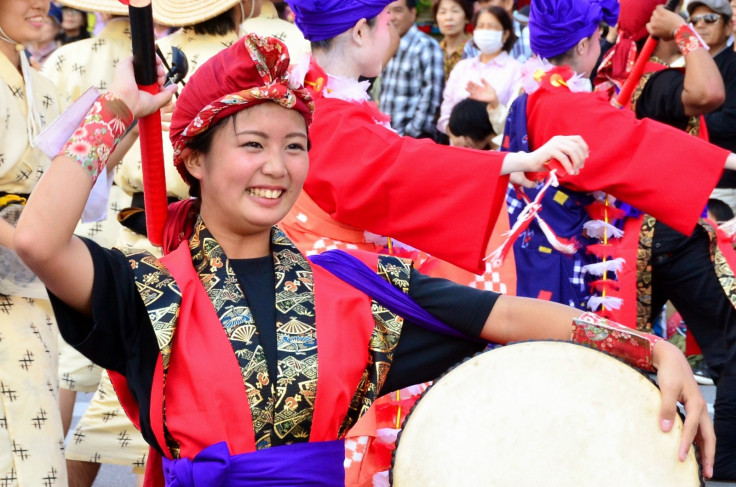
Labour Thanksgiving Day is a national holiday in Japan which takes place on 23 November. The law establishing the day was adopted during the American occupation after World War II, which cites the day as an occasion to celebrate labour and crop production. The holiday has roots in an ancient harvest festival called Niiname-sai.
© Copyright IBTimes 2025. All rights reserved.




















